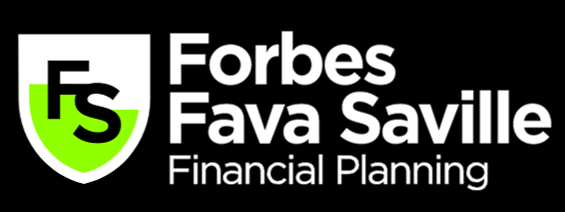
Understanding cash flow
Understanding cash flow can be the difference between a solid long-term investment and a costly mistake, writes Michael Sloan. So do your research – and get good advice before you buy.
What is negative cash flow?
Oftentimes investment properties generate negative cash flow. That means, you must put money in each year to cover the difference between the total cost of the property (interest repayments, rates, insurance, maintenance, etc.) and the total income (rent and tax breaks). Investors are happy to do this because they expect a long-term profit. Over time the rental increases that go in hand with inflation should mean this ‘top-up’ is no longer needed.
Unfortunately, some investors don’t know what the cash flow of their property is before they buy. They don’t realise something’s wrong until their cash flow dries up and they get the bad news from their financial advisor. So seek advice from your accountant before you buy, not after. Always do the numbers first.
Miscalculating cash flow
It’s easy to miscalculate cash flow. Your estimated rental income might be over-optimistic, and you might also assume full occupancy (52 weeks a year). You might also underestimate maintenance costs or insurance.
Investors who get the cash flow of their property wrong can quickly run into problems. They either have to raise extra cash to prop up their property each month (potentially putting them under great financial stress), or sell. Selling property under pressure is never ideal and these investors can lose a lot. Sadly, this is a common mistake.
Work out your cash flow
To understand the cash flow on a potential investment property, get your accountant to do the numbers for you (if they can’t, get a new accountant). The number one rule is: ‘Don’t buy a property without knowing what the cash flow is’.
Make sure your accountant has all the costs of holding the property, including rates, body corporate fees, insurance and property management fees. They can work out the interest, estimate depreciation and give you an idea of the cash flow for the property. Have the property inspected and if possible see if you can check body corporate records, if needed. This could help you find out about any big maintenance or structural repairs planned.
If buying that property will put strain on your finances, then find a property with better cash flow. Also, when doing your figures, factor in possible interest rate rises and potential vacancies.
When the company selling you a property provides a cash flow report, don’t take it as gospel. The figures can always be manipulated, so get your accountant to work through them.
Your key to staying financially safe? Understand the cash flow before you buy.
A tip about tax
If you think you’ll have a net rental loss (i.e. your deductions, including interest, depreciation and capital allowances exceed your rental income), you can improve your cash flow by applying to the Australian Tax Office (ATO) for a PAYG withholding variation. If the variation is approved, you may be able to reduce the tax taken out from each wage packet, rather than waiting till the end of the year to get a tax refund.
Speak to us for more information.
Source: NAB
Reproduced with permission of National Australia Bank (‘NAB’). This article was originally published at https://www.nab.com.au/personal/life-moments/home-property/invest-property/cash-flow
National Australia Bank Limited. ABN 12 004 044 937 AFSL and Australian Credit Licence 230686. The information contained in this article is intended to be of a general nature only. Any advice contained in this article has been prepared without taking into account your objectives, financial situation or needs. Before acting on any advice on this website, NAB recommends that you consider whether it is appropriate for your circumstances.
© 2022 National Australia Bank Limited (“NAB”). All rights reserved.
Important:
Any information provided by the author detailed above is separate and external to our business and our Licensee. Neither our business nor our Licensee takes any responsibility for any action or any service provided by the author. Any links have been provided with permission for information purposes only and will take you to external websites, which are not connected to our company in any way. Note: Our company does not endorse and is not responsible for the accuracy of the contents/information contained within the linked site(s) accessible from this page.


